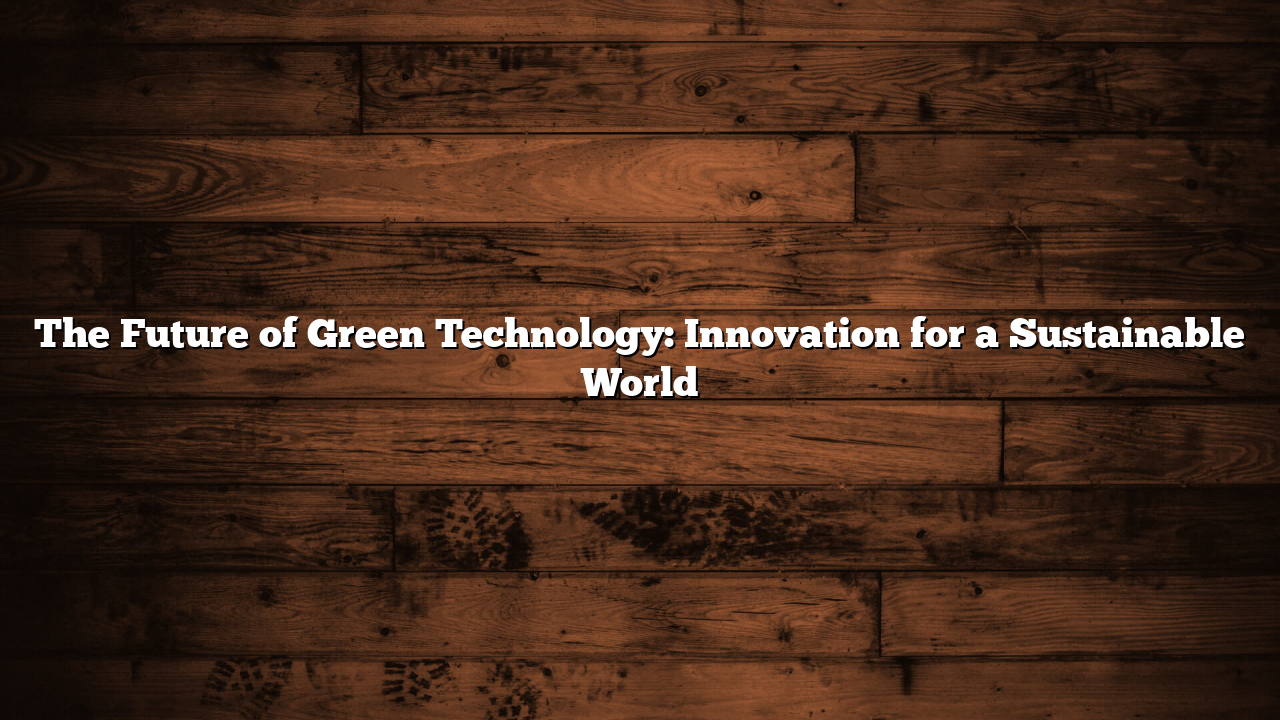With climate change intensifying, green technology has become central to global innovation. The push for sustainability is no longer limited to environmental activists—it is now a top priority for corporations and governments aiming indo168 to balance growth with responsibility.
One of the most exciting areas is renewable energy. Solar panels and wind turbines have grown dramatically more efficient, while costs have dropped. Emerging solutions like floating solar farms and offshore wind parks promise to supply power to millions without harming ecosystems. Energy storage is another frontier, with breakthroughs in battery technology enabling renewable power to become more reliable.
Beyond energy, green tech is reshaping transportation. Electric vehicles (EVs) are no longer niche products but mainstream choices. Automakers are investing in solid-state batteries that charge faster and last longer, while governments expand charging infrastructure to meet growing demand. Public transportation systems are also adopting cleaner fuels and electrification, cutting urban emissions.
In agriculture, precision farming is transforming how food is grown. Farmers now use drones, sensors, and AI to optimize water usage, reduce pesticide reliance, and increase crop yields. This not only improves sustainability but also enhances food security in a world with a growing population.
Yet challenges remain. Transitioning to green technology requires massive investment and political will. Some industries resist change due to high costs or fear of disruption. Moreover, the production of renewable energy devices itself consumes resources, raising questions about lifecycle sustainability.
Despite these hurdles, momentum is clearly on the side of innovation. Green technology is no longer just a moral choice—it is becoming an economic necessity. As companies compete in this space, the result may be a future where growth and sustainability coexist more harmoniously.
